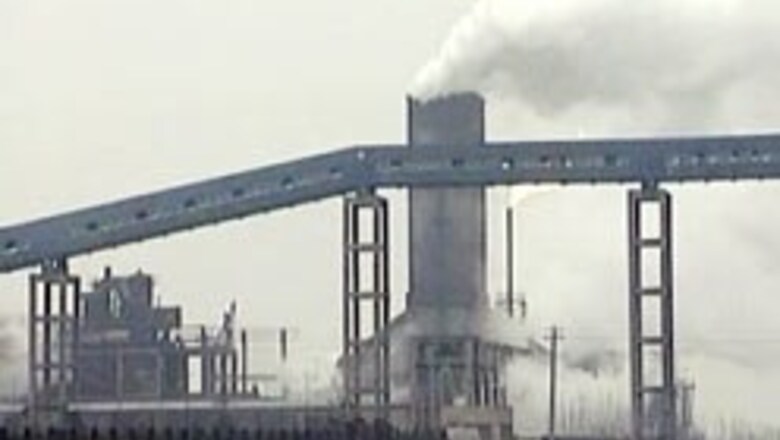
views
London: The G-8 statement on climate change leaves industry in a policy vacuum while helping to map a tight timetable for future global warming talks.
Industry needs a strong signal that the world will fight climate change from 2013, when present Kyoto Protocol commitments expire, to have the assurance to invest in climate-friendly technologies now.
But the statement by the world's eight leading rich nations failed to do precisely that, said business analysts, who saw the United States committing to nothing more than a new series of meetings.
"Business understands the scale of climate risk and just wants to get on with it. This isn't getting on with it," said Tom Burke, visiting professor at Imperial College, environment adviser to industry, and formerly UK government adviser.
Only business could deliver the scale of investment needed to fight climate change, he said.
"Governments haven't delivered a reliable and robust enough framework to allow that. This G-8 statement just leaves them in as much uncertainty as before."
"Industry needs to know the lie of the land post-2012, in targets and delivery mechanisms," said David Green, chief executive of the UK Business Council for Sustainable Energy.
Some were more optimistic, however, partly helped by confusing text in the statement. It stated, for example, in one sentence that G-8 countries should "consider seriously" a halving of greenhouse gas emissions by 2050, and then, in the next, "we commit to achieving these goals".
"That target is very significant," Britain's Chief Scientific Adviser, David King, told Reuters on Friday.
All G8 countries including the United States had thereby committed to a 2050 emissions target, he said.
"That's pretty close to a statement on targets. I do think it's a big step forward. We now have a very short timetable to hammer out the details," he added.
Green groups rejected King's interpretation of the text on Friday, saying the United States had not committed to emissions targets.
Carbon Price
The G8 agreed on Thursday that its members should work with big developing countries to clinch by 2009 a new global, UN-sponsored climate change deal, to kick off in 2013.
The International Energy Agency considered this a victory on Friday, echoing the United Nation's approval on Thursday.
"That is extremely useful and rather unexpected. I think it is a very good deal," said IEA chief Claude Mandil, adding that the big five developing countries' agreement still had to be secured.
Time was short to get a global deal, stressed James Smith, Chairman of Shell UK, part of Royal Dutch Shell, at a climate debate in London on Thursday night. "We've got 18 months to get it right. We can't afford to stumble at any of the fences before us, the stakes are so high."
The IEA, adviser to 26 industrialised countries, estimates that the world has to invest some $20 trillion between now and 2030 to supply itself with enough energy.
A global climate deal will determine how expensive it is to produce greenhouse gases, and so decide how much of that investment goes into fossil fuels, which release planet-warming carbon dioxide when burnt, and how much into renewables.
Britain needs to invest £20 billion ($39.52 billion) in its energy infrastructure between now and 2020, and the G8 statement didn't help decide where that goes, said David Porter, chief executive of the Association of Electricity Producers.
"In truth the G8 did very little to make energy companies' investment decisions any easier," he said.




















Comments
0 comment